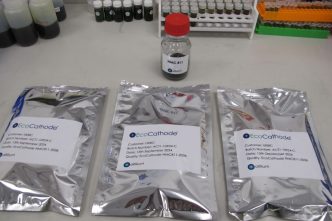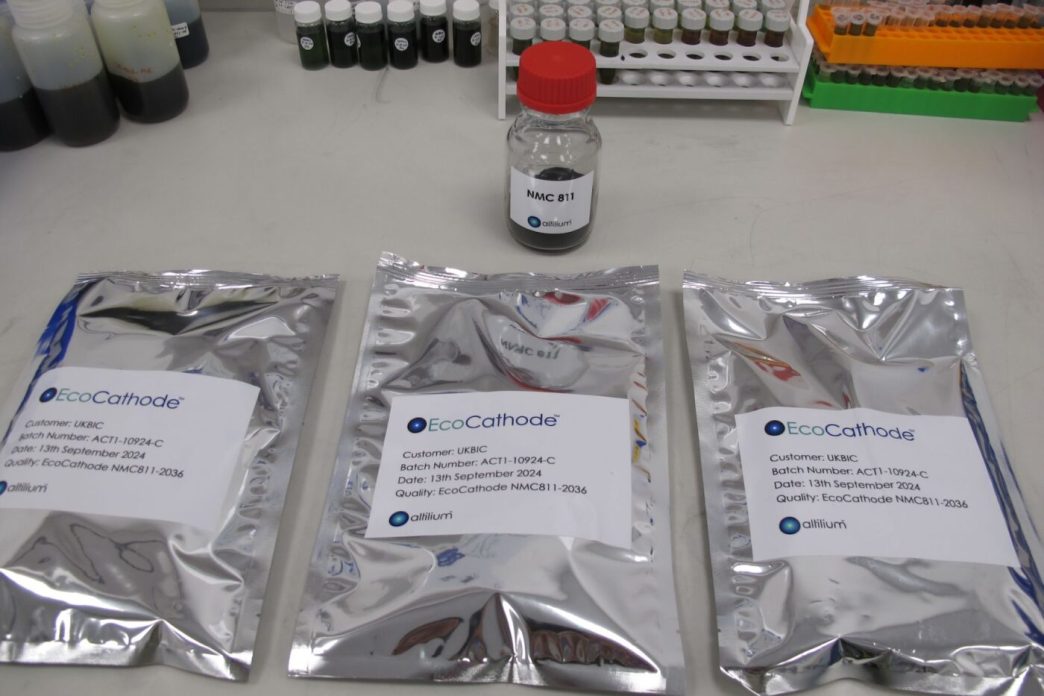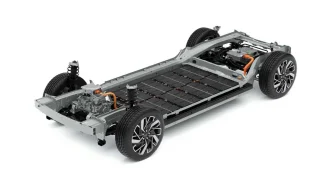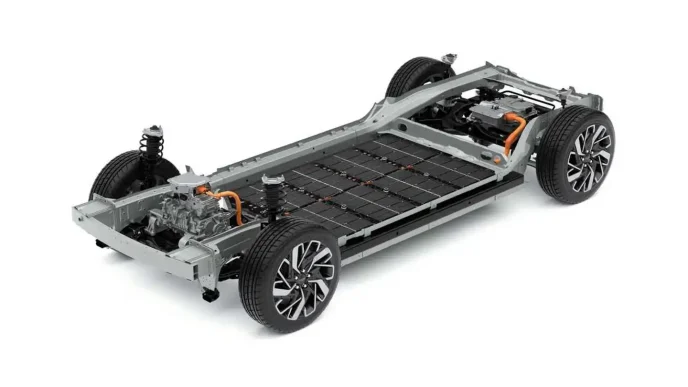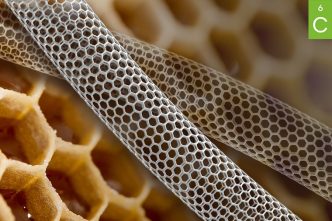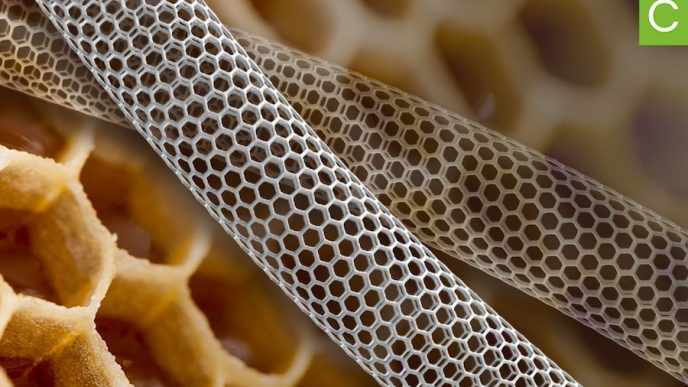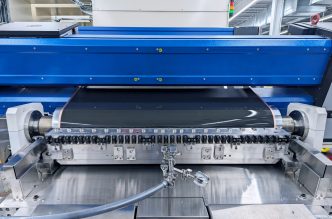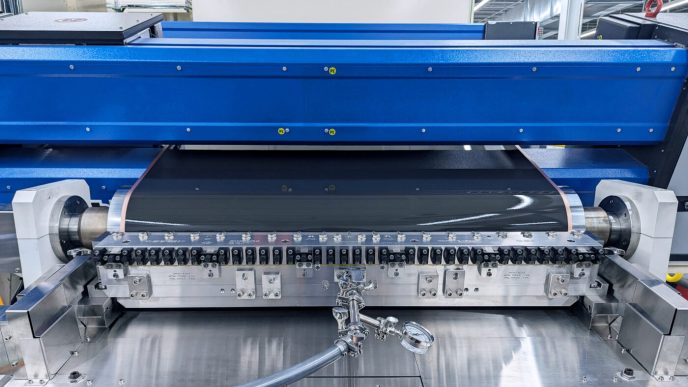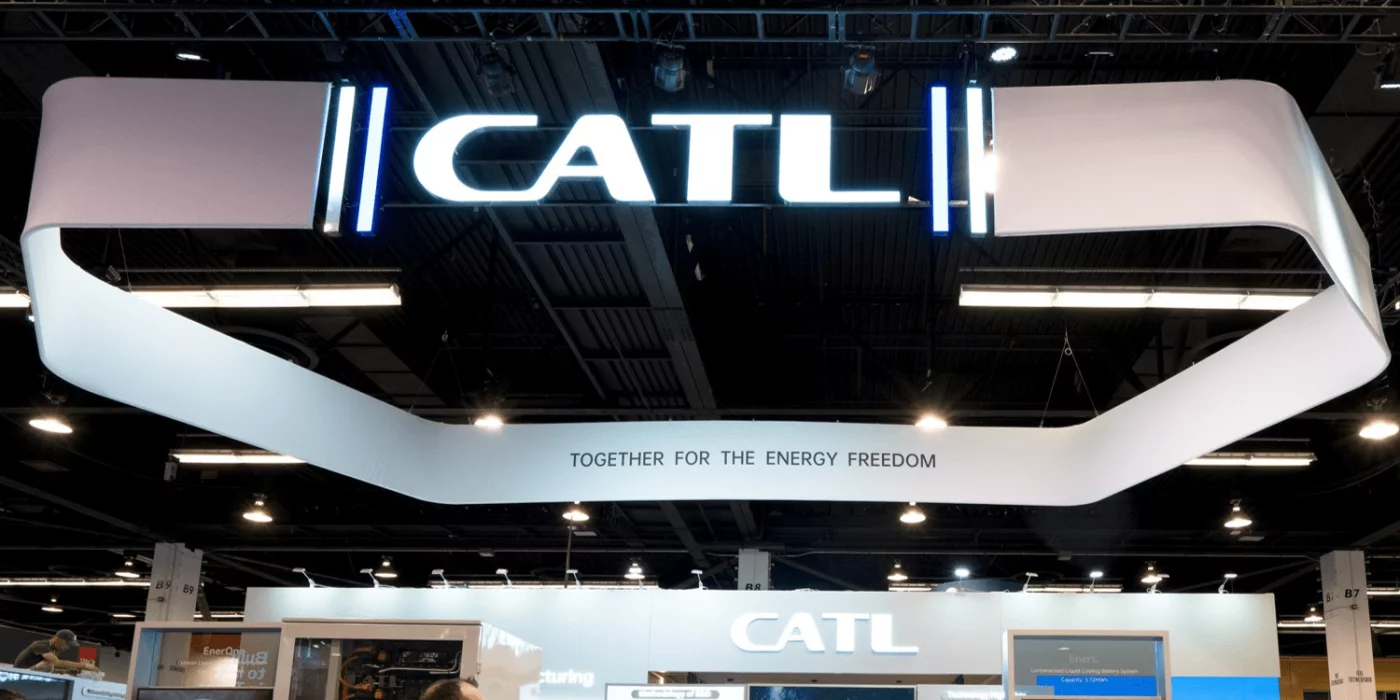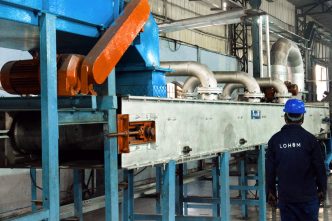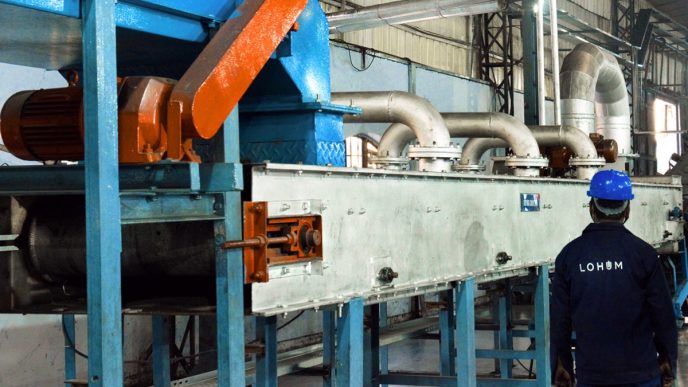Altilium, a UK-based clean technology group focused on advancing the transition to net zero, has announced a new project aimed at producing and validating electric vehicle (EV) battery cells using materials recovered from end-of-life EV batteries. This initiative marks a first for the UK, demonstrating the production of battery cells using recovered cathode active materials (CAM) that will be validated for use in vehicles with a leading automotive manufacturer.
The project is supported by the Advanced Propulsion Centre UK as part of its Advanced Route to Market Demonstrator (ARMD) competition. Collaborating with Jaguar Land Rover (JLR), Altilium plans to utilize its EcoCathode process to achieve a substantial reduction in carbon emissions associated with EV production. By recovering critical materials such as lithium, cobalt, and nickel, Altilium’s process aims to decrease the reliance on newly mined materials, potentially leading to a 60% reduction in carbon emissions.
JLR is set to conduct comprehensive validation studies on the pouch cells at its battery testing facilities. The production of these battery cells will occur at the UK Battery Industrialization Centre (UKBIC), the national facility for battery manufacturing scale-up in the UK. The cells will use recovered battery materials processed by Altilium at its new mini-commercial ACT2 facility and the ACT1 pilot facility, both located in Devon.
This initiative builds on Altilium’s existing partnership with UKBIC, supported by Innovate UK’s Faraday Battery Challenge, which focuses on the rapid prototyping of EV battery cells utilizing recycled CAM. Both projects are essential for mitigating risks associated with scaling up Altilium’s battery recycling operations and reinforcing the UK’s position within the global EV supply chain.
Research from the Faraday Institution indicates that the demand for UK EV battery manufacturing capacity is expected to reach nearly 110 GWh per year by 2030. To meet this demand, the UK will need to secure significant quantities of raw materials like lithium, cobalt, and nickel essential for manufacturing EV batteries. Establishing a sustainable domestic supply chain for these materials is critical for advancing the electrification of transport in the UK.
Altilium’s proposed Teesside hub is expected to become the UK’s largest integrated battery recycling facility, with the capacity to process 150,000 EV batteries annually and supply 30,000 tonnes per annum of CAM to support the country’s growing gigafactory sector.

